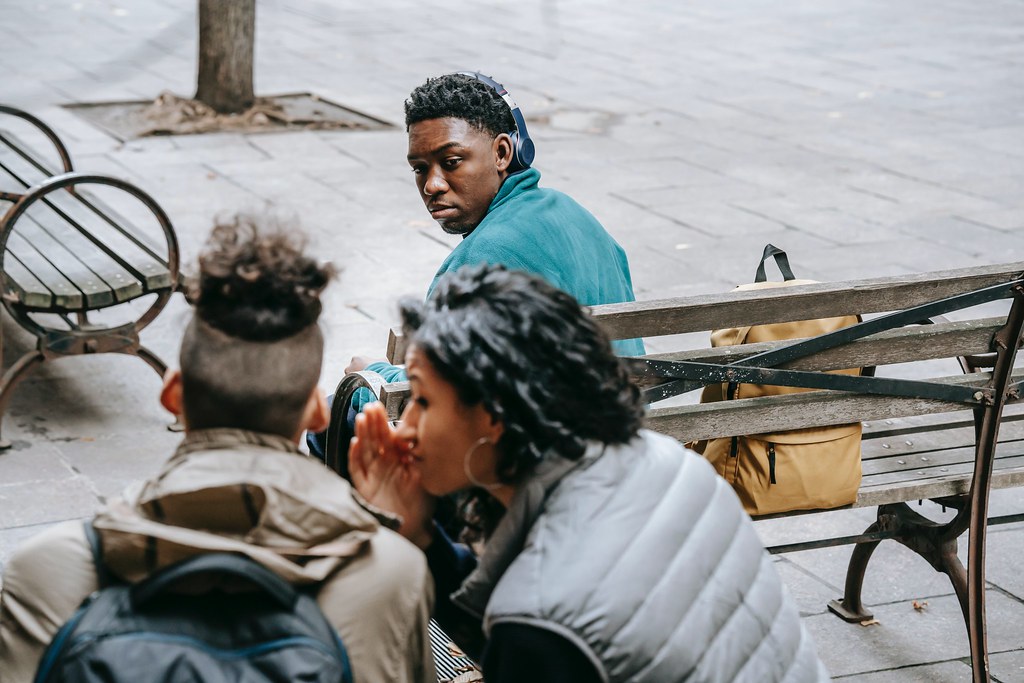Can I publish an article for my school newspaper if a student featured in the article says she doesn’t want to be mentioned?
What are Journalistic Ethics and why is the Code of Ethics important for journalists?
The Society of Professional Journalists publishes a Code of Ethics as a guide for journalists to follow when investigating and writing articles. Here is a link to the full Code of Ethics: https://www.spj.org/ethicscode.asp.
The Code of Ethics calls for a journalist to write a factually based, unbiased story that is essential for public enlightenment. The Code also requires that a journalist be honest. For example, a journalist could not ethically take a job as a prison guard to obtain information for a story on prison abuses. This type of behavior is considered a violation of trust between the source and the reporter. While this Code of Ethics does not forbid undercover reporting, using undercover reporting methods should be a last resort when gathering information critical to the public.
One aspect of honest reporting is naming sources. Naming a source allows readers to assess the accuracy of a story based on how close the source is to the information. If a featured subject of a story consented to an interview with a student journalist and divulged information on the record, the student journalist is not likely obligated to remove the subject’s name or information from the story.
Why is privacy law important here?
A journalist must be careful not to violate the privacy rights of an individual featured in a story. Under privacy laws, a story may be published if the story:
1) does not intrude upon the seclusion or solitude of an individual,
2) does not disclose embarrassing private facts about an individual,
3) does not paint an individual in a false light, or
4) does not use an individual’s name or likeness to make money.
Privacy laws are meant to protect average individuals, as well as famous people from being exploited or taken advantage of. So, publishing a story based on information that a student journalist observed in public and obtained in a reasonable manner would likely not be considered an invasion of privacy.
Sometimes a school’s status as public or private can have an impact on what stories a student journalist can publish. Since private schools are not funded by the government, they can work around the protections of the First Amendment and operate in any way they see fit. If you attend a private school, it would be a good idea to check your school’s policies.
Even if you attend a public school, the school still could stop the publication of the article. The amount of control a school has over the content that is published in its newspapers depends on the type of forum in which the school functions. For example, if the newspaper is a limited-public forum, the school could only regulate the newspaper if there is a legitimate concern to protect the privacy of its students; if the newspaper is a public forum, the school would not be able to regulate the newspaper at all (with few exceptions); if the newspaper is a non-public forum, the school can regulate the newspaper as much as it wants.
A student publication, such as a public-school newspaper could fall under any of these forums. Click here for a list of questions to help determine if the student publication is a limited-public forum.
Have questions about free speech rights?
Send your questions our way, and we'll have our team find you an answer. Keep in mind, we’re not actually your lawyers and aren’t representing you. We can definitely help clear some things up and give you some info, but if you need actual legal help for your situation, you should find a lawyer in your area. And don't worry, any information we collect is only for our own research, and we won’t share it or sell it to anyone.




